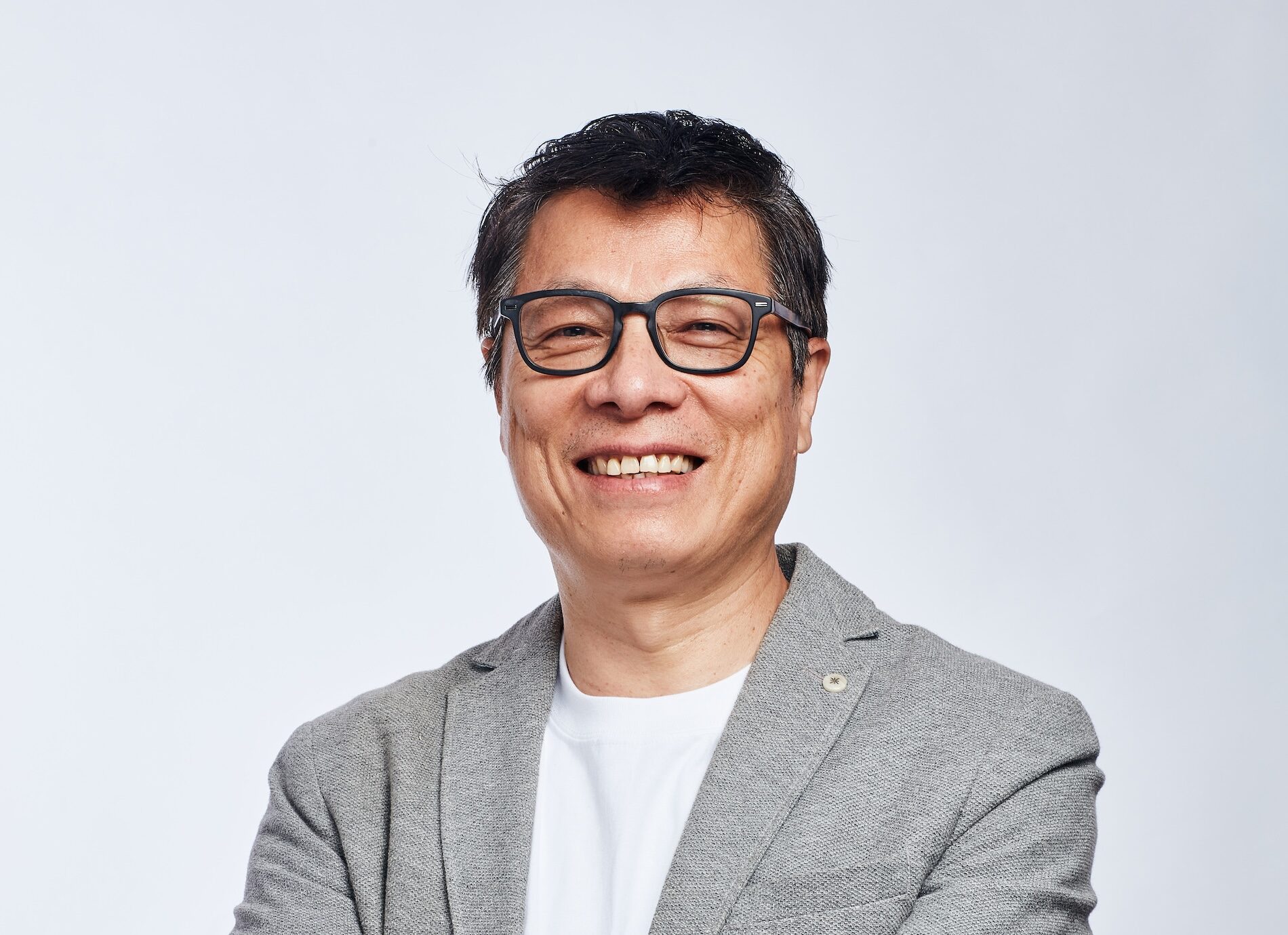Dr. Kang Lee
Research in Moral Development to Legal, Clinical and Healthcare Innovation
Region:

About the Innovation
Dr. Kang Lee’s ground-breaking research on childhood dishonesty has led to unexpected innovations in legal, clinical, and healthcare practices. His research has influenced diagnosis and treatment of children with behavioural problems; and his invention of a contactless technology for measuring physiological responses is now used by over 10 million people globally for health monitoring and research.
About the Innovator
A Tier 1 Canada Research Chair in Moral Development and Professor of Developmental Psychology and Education at the University of Toronto, Dr. Kang Lee is the world’s foremost authority on childhood dishonesty. He is a brilliant and creative social scientist and visionary leader, whose pioneering research on how children learn to tell lies has earned him global recognition. Dr. Lee’s work has revolutionized scientific research on moral development and transformed our fundamental understanding of the development of lying. Although his work was originally motivated to answer basic science questions about childhood dishonesty, his discoveries have made unexpected transformative practical impacts in multiple fields. His work has led to a major law reform concerning child witnesses in Canada, a transformation of the diagnosis and treatment of children with conduct problems, and a game-challenging technology that allows millions of people around the world to monitor their health using smartphones. Lee has published over 350 peer-reviewed publications and holds 11 patents. His 28,000 citations have earned him an H-index of 88 and placed him in the top 1% of researchers worldwide in all science disciplines. Lee has spearheaded multinational research projects, served on Canadian and international organizations and journal editorial boards, and engaged with educational, health service, and other organizations, as well as the media. He is an Elected Fellow of the Association for Psychological Science (2014) and Canadian Psychological Society (2023), and recipient of a prestigious 2023 SSHRC Impact Award.
